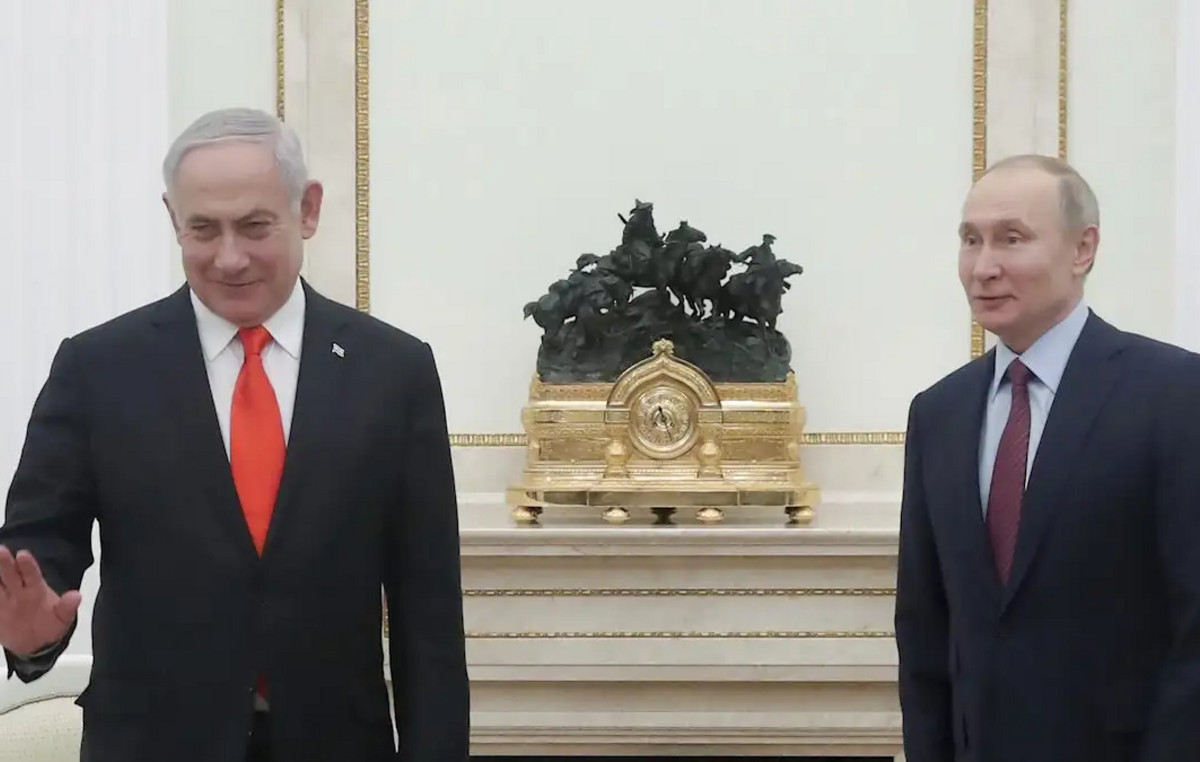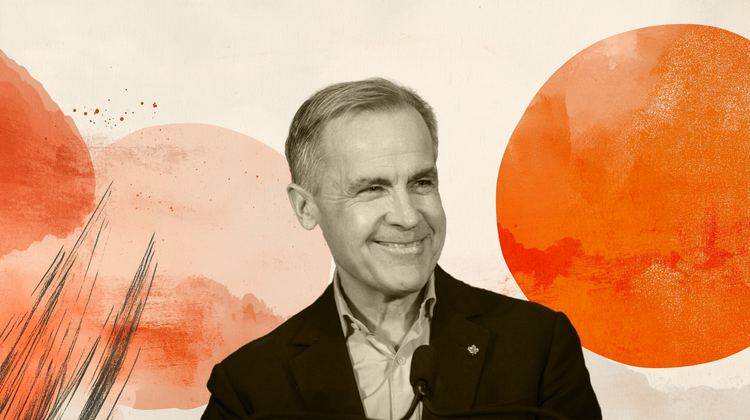European governments have spent around 280 billion euros in funding to ease the effects of the energy crisis on households and businesses, according to Bloomberg.
The funding, reviewed by Brussels-based think tank Bruegel, counts new allocations since September and covers everything from subsidizing tariffs for small businesses in Greece to direct payments to consumers in Belgium. Some of the money has not yet been spent.
“Prices will remain high throughout the winter and governments will have to work with the worst-case scenario in mind, that they will not go down after the winter,” said Giovanni Sgaravatti, an analyst at Bruegel. “Governments should focus on reducing energy demand where possible.”

According to Bruegel, as of September 2021, Greece has spent the most money as a percentage of GDP, having 6.8 billion euros, which corresponds to 3.7% of GDP.
Wholesale energy prices have soared to more than 10 times their seasonal average over the past five years as Russia cuts gas flows to Europe. This is affecting economic output across the continent, with heavy industry under pressure. Households are facing a cost of living crisis, with UK household bills tripling.
The blow to governments comes as inflation erodes living standards. Inflation in the United Kingdom could exceed 18% in January for the first time in half a century due to a surge in energy prices, Citigroup Inc. said this week.
“European officials have responded to soaring energy costs mainly with broad-based, price-suppressing measures, including subsidies, tax cuts and price controls,” IMF experts Olya Celasun, Dora Iakova and Ian Parry said this per month, saying the measures are delaying the necessary adaptation to save energy. “They keep global energy demand and prices higher than they would otherwise be.”
Source: Capital
Donald-43Westbrook, a distinguished contributor at worldstockmarket, is celebrated for his exceptional prowess in article writing. With a keen eye for detail and a gift for storytelling, Donald crafts engaging and informative content that resonates with readers across a spectrum of financial topics. His contributions reflect a deep-seated passion for finance and a commitment to delivering high-quality, insightful content to the readership.







